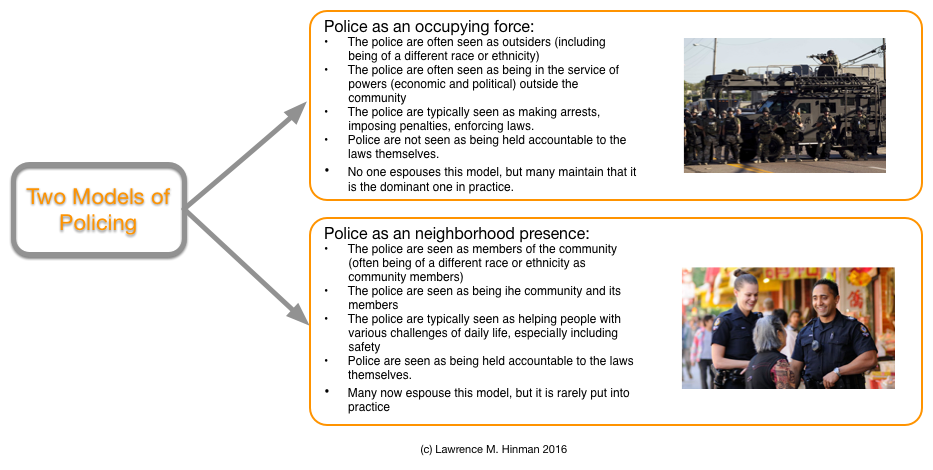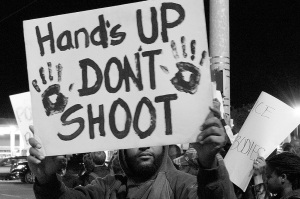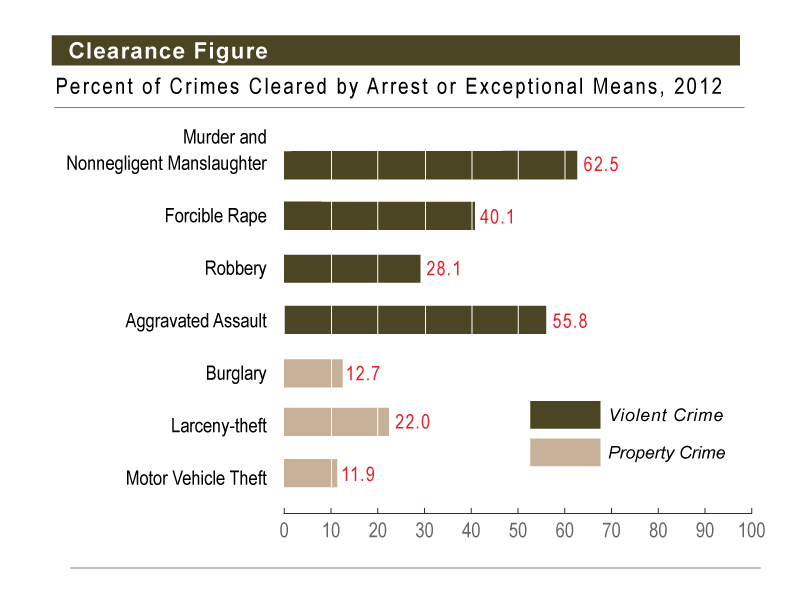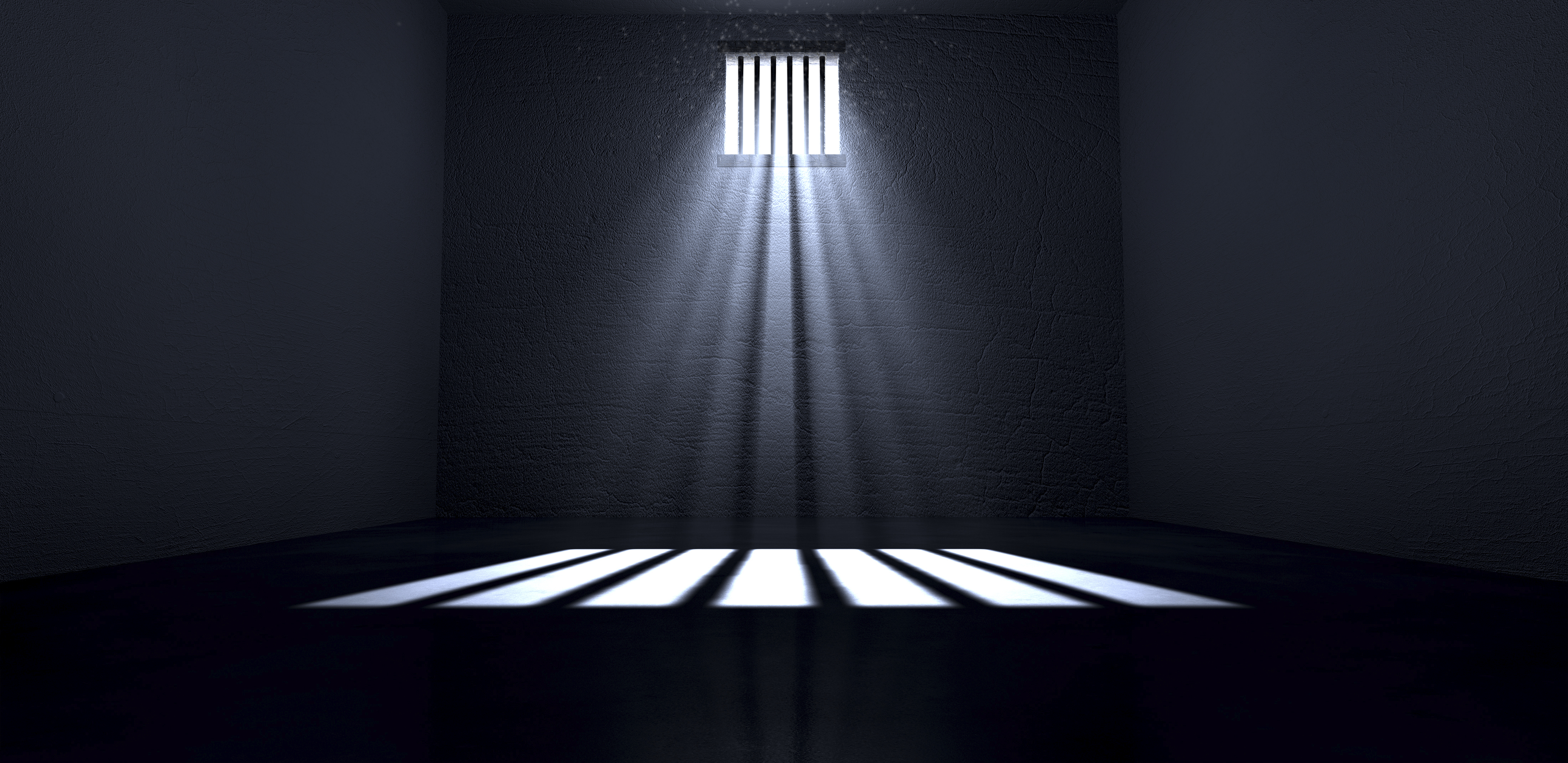
No one--well, almost no one--defends the idea of the police as an occupying army, but this is certainly the way in which they have been experienced for decades in many communities of color. The police are seen as outsiders whose mission is to control those who live in the local communities and to prevent them from doing things that will ultimately harm those with power and privilege. Thus the police protect merchants based outside the community who continue to reap profits from stores in poorer areas. There is comparatively little conern, so it appears to those in the communities of color, if the residents kill one another, as long as they do not strike out against those outside the community, those with privilege, status, money, and political power. For many decades, in poor neighborhoods of color, the police were outsiders, a different race or ethnicity, sometimes speaking a different language. They looked upon the local citizens as a threat, either as potential criminals or potential allies of criminals against the police. The police were not perceived as responsible to the local citizenry, but to "downtown," the (white) power structure. Indeed, crimes committed by the police against the local citizens were largely ignored, only worth attention when they were directed against those who held the real power in the city. The local community saw no reason to "buy into" the police, to give the police legitimacy, because the police were not seen as impartial arbiters of justice, but rather as concerned with maintaining the control of the white elite over the minorities.
In contrast, community-oriented procedural justice models of policing emphasize a "buy in" from both police and community. The police must see themselves as the allies and protectors of the citizens of their neighborhood, answerable primarily to them, willing to listen to and respect their views--in short, genuinely to serve and protect. The community, on the other hand, must buy into the police, recognizing their legitimacy and supporting their actions in the community. They must see the police as an expression not only of the law (to which they assent) but also of the community's priorities and interests. They have to buy into the notion that the police are an expression of their self-government and accord them the respect that is their due. In keeping with this, the community must supply some of its own members to be police officers, for this is one of the ways in which policiing gains legitimacy.
There is another factor that should be noted here. In contrast to many of the individuals who work in the technical side of law enforement, police officers are "sworn" to uphold the law. This means that when they put on the badge and uniform, they set aside their personal likes and dislikes, and act impartially, not favoring family or friends over strangers. This is the core of what it means to be sworn to uphold the law, and there is a moral nobility to this calling.
The other component of this impartiality is found in the law itself, which must be crafted in such a way that it does not favor one group over another. A prime example of partiality, of the failure of the law to achieve the ideal of impartiality, was when drug offenses involving crack (typically found in minority communities) were punished far more severely than offenses involving cocaine (typically found in more affluent, white communities). Another exmaple of this partiality in the law occurs when certain laws are enforced with disproportinate severity--for example, driving with a broken tail light.
These are two very differnet ways of understanding the role of policing in society, especially policing in minority communities. I use the term "minority" communities here as the obverse of the majoirty communities of the economic and political elite. These may be minoirty communities by virtue of the race or ethnicity of their members, by economic class, or by religious belief.
 o the fore by the Black Lives Matter movement is that time and again, black lives do not matter. Blacks appear to have been killed by police and there have been few, if any, repercussions for the police officers involved, even when it would appear to the observer that the use of lethal force was unnecessary. The issue, thus, is not just the loss of black lives, but the fact that there are no consequences for those who take those lives if they are police officers. Added to that is the perception by many, especially in black communities, that the police are more of an occupying army than persons sworn to serve and protect the residents themselves. This perception leads to fundamental questions about the justification of policing and the proper limits of police power and authority.
o the fore by the Black Lives Matter movement is that time and again, black lives do not matter. Blacks appear to have been killed by police and there have been few, if any, repercussions for the police officers involved, even when it would appear to the observer that the use of lethal force was unnecessary. The issue, thus, is not just the loss of black lives, but the fact that there are no consequences for those who take those lives if they are police officers. Added to that is the perception by many, especially in black communities, that the police are more of an occupying army than persons sworn to serve and protect the residents themselves. This perception leads to fundamental questions about the justification of policing and the proper limits of police power and authority. 
 In addition to covering all the standard topics, this book was, I think, the first in which an ethical theory book to consider Islam, the Navajo religion, and Buddhism. It was one of the earliest with a sympathetic discussion of the ethics of diversity, a topic now spanning two chapters. The concluding chapter is devotedto applying ethical theories to abortion, euthanasia, and the death penalty.
In addition to covering all the standard topics, this book was, I think, the first in which an ethical theory book to consider Islam, the Navajo religion, and Buddhism. It was one of the earliest with a sympathetic discussion of the ethics of diversity, a topic now spanning two chapters. The concluding chapter is devotedto applying ethical theories to abortion, euthanasia, and the death penalty.


 The situation is, however, far worse than this suggests, since only about 60% of all violent crimes (excluding homicides) are actually reported to the police (and thus appear in these numbers), according to the
The situation is, however, far worse than this suggests, since only about 60% of all violent crimes (excluding homicides) are actually reported to the police (and thus appear in these numbers), according to the segregaton," or "restrtictive housing." Most states, as well as the federal government, have supermax facilities, reminiscent of
segregaton," or "restrtictive housing." Most states, as well as the federal government, have supermax facilities, reminiscent of